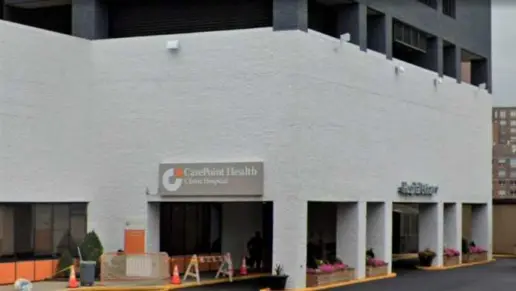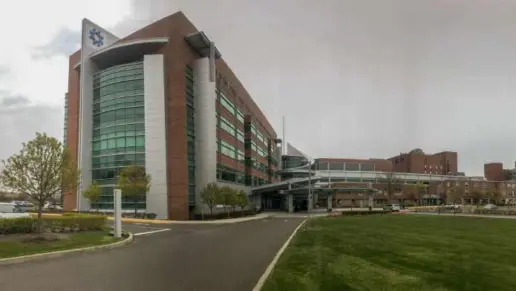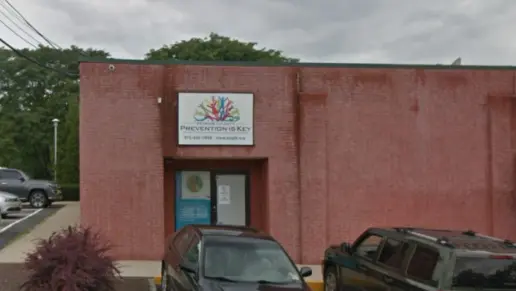About Robert Wood Johnson University Hospital
Robert Wood Johnson University Hospital serves clients of all ages in New Brunswick, New Jersey. Their Mental Health and Behavioral Health department helps kids, adolescents, adults, and seniors overcome a variety of challenges, including drug and alcohol addiction. They partner with Rutgers University Behavioral Health Care to provide inpatient and outpatient treatment options. You can pay through self pay, private insurance, Medicare, or Medicaid, and financial assistance is available.
Your specific treatment will be based on your condition and recovery goals. I like that this facility offers separate clinical tracks for different ages and conditions. If you need 24 hour monitoring and round the clock care, their inpatient facility provides these services and more. They also offer individual, group, and family therapy on an outpatient basis.
Clients who are struggling with chemical dependency can find help through these treatment options. There’s also a dedicated recovery center called the Institute for Prevention and Recovery that can help. Here, you can participate in addiction education programs, treatments, and social care services. The center brings local healthcare agencies and community partners together to offer you a wide network of care customized to your needs.
One client who received behavioral health care here in the past says it’s amazing that they’re now clean and sober. They said they finally found the care they needed here after 20 years of battling an addiction.
Rehab Score
Gallery
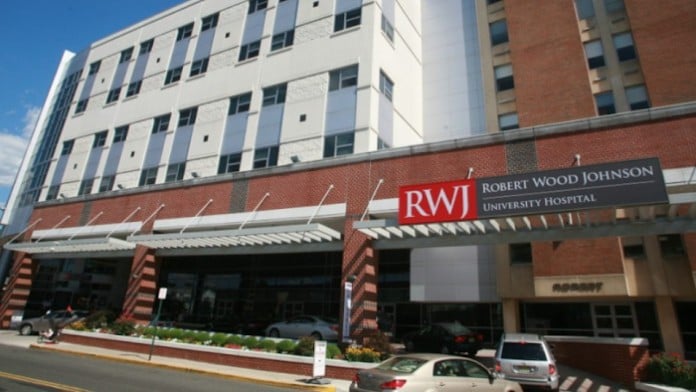
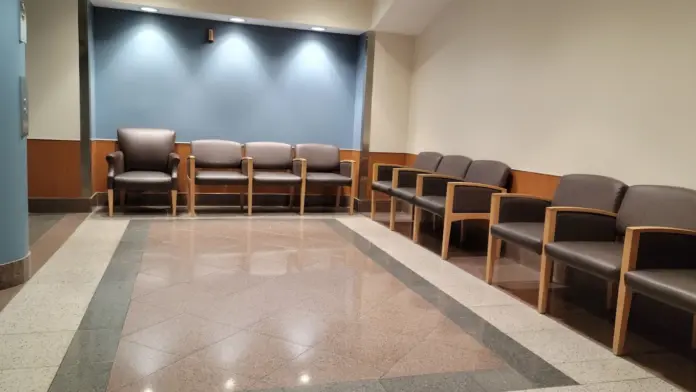
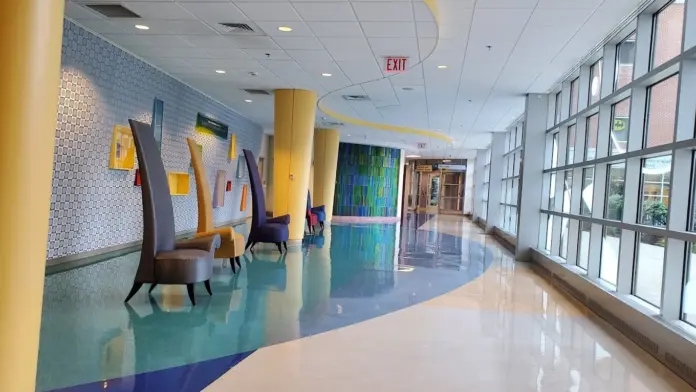
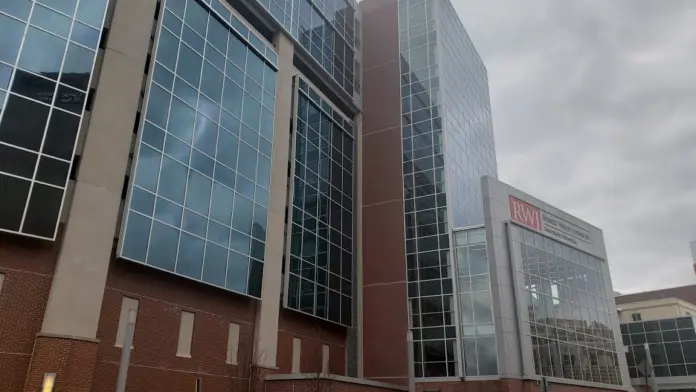
Location
Accepted Insurance







Other Forms of Payment
Private insurance refers to any kind of healthcare coverage that isn't from the state or federal government. This includes individual and family plans offered by an employer or purchased from the Insurance Marketplace. Every plan will have different requirements and out of pocket costs so be sure to get the full details before you start treatment.
Self-pay involves paying for treatment out of your own pocket. You can use savings or credit, get a personal loan, or receive help from family and friends to fund your treatment. If you don't have insurance or your insurance plan doesn't cover a specific program, self-pay can help ensure you still get the care you need.
Financial aid can take many forms. Centers may have grants or scholarships available to clients who meet eligibility requirements. Programs that receive SAMHSA grants may have financial aid available for those who need treatment as well. Grants and scholarships can help you pai for treatment without having to repay.
Medicare is a federal program that provides health insurance for those 65 and older. It also serves people under 65 with chronic and disabling health challenges. To use Medicare for addiction treatment you need to find a program that accepts Medicare and is in network with your plan. Out of pocket costs and preauthorization requirements vary, so always check with your provider.
Addiction Treatments
Levels of Care
Treatments
Mental health rehabs focus on helping individuals recover from mental illnesses like bipolar disorder, clinical depression, anxiety disorders, schizophrenia, and more. Mental health professionals at these facilities are trained to understand and treat mental health issues, both in individual and group settings.
Programs



Clinical Services
Cognitive Behavioral Therapy (CBT) is a therapy modality that focuses on the relationship between one's thoughts, feelings, and behaviors. It is used to establish and allow for healthy responses to thoughts and feelings (instead of unhealthy responses, like using drugs or alcohol). CBT has been proven effective for recovering addicts of all kinds, and is used to strengthen a patient's own self-awareness and ability to self-regulate. CBT allows individuals to monitor their own emotional state, become more adept at communicating with others, and manage stress without needing to engage in substance abuse.
Research clearly demonstrates that recovery is far more successful and sustainable when loved ones like family members participate in rehab and substance abuse treatment. Genetic factors may be at play when it comes to drug and alcohol addiction, as well as mental health issues. Family dynamics often play a critical role in addiction triggers, and if properly educated, family members can be a strong source of support when it comes to rehabilitation.
Group therapy is any therapeutic work that happens in a group (not one-on-one). There are a number of different group therapy modalities, including support groups, experiential therapy, psycho-education, and more. Group therapy involves treatment as well as processing interaction between group members.
In individual therapy, a patient meets one-on-one with a trained psychologist or counselor. Therapy is a pivotal part of effective substance abuse treatment, as it often covers root causes of addiction, including challenges faced by the patient in their social, family, and work/school life.
Amenities
-
Private Setting
Staff

Senior VP and Chief Nursing Officer

Director of Operations, Emergency Services

Senior VP, Patient Care Services

Senior VP, Women’s Health
Contact Information
1 Robert Wood Johnson Place
New Brunswick, NJ 00128











